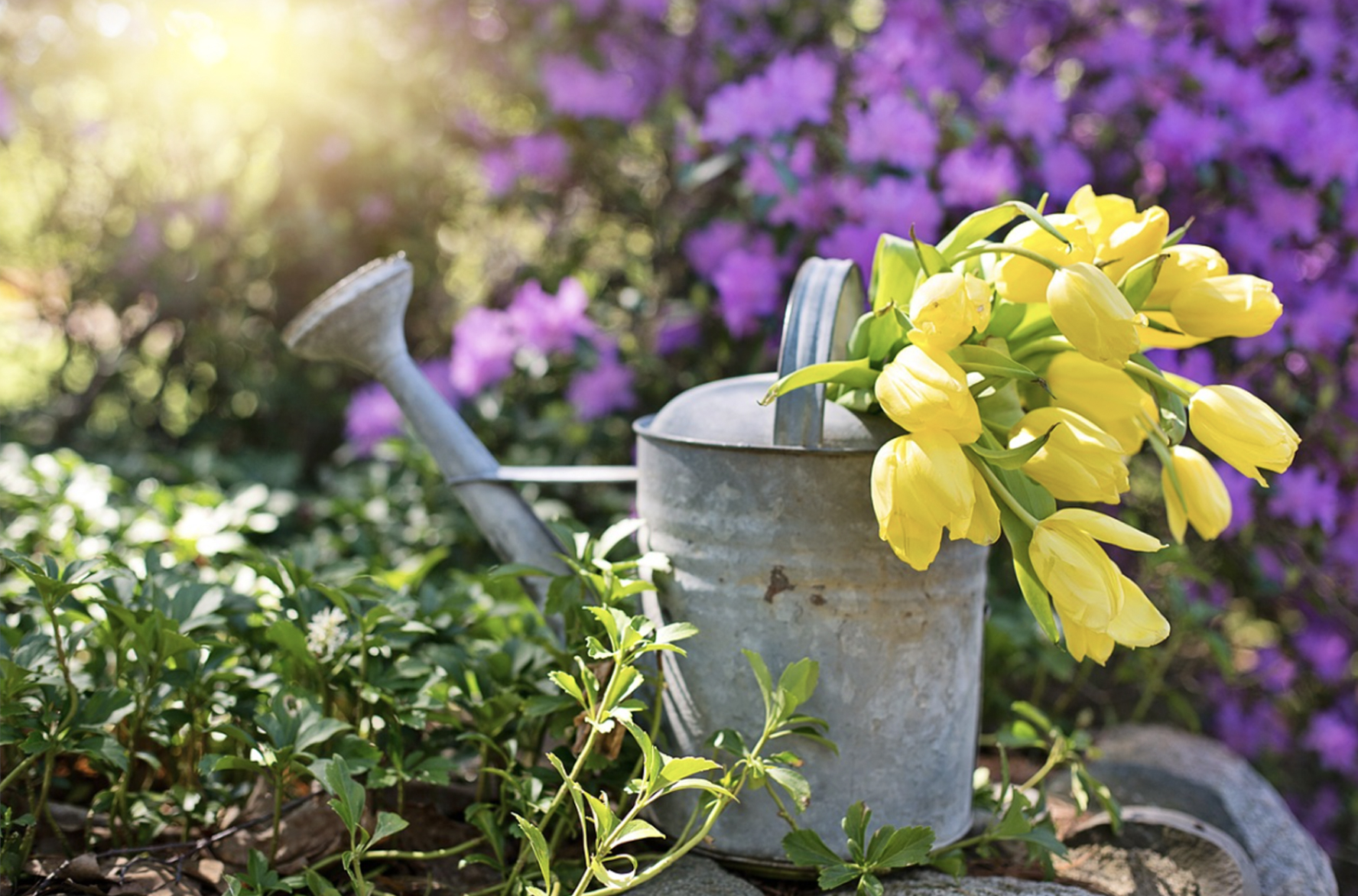
The Wonderful World of Green – Tips for Hydrating Plants
You may not know it, but there are proper methods to watering your plants that involve more than just pouring water on top. Plant size, soil type, weather, sun exposure and time of year all factor into how much water is needed. Timing and frequency are also important, according to the U.S. Environmental Protection Agency. So how do you effectively manage your dampening strategy? Consider:
• Watering in the Morning – Water can penetrate the soil where the plant’s roots can reach, absorbing and drying in the cooler hours of the day. Watering during other times of the day could cause you to boil the roots, sunburn the leaves or grow mold spores and rot.
• Increasing Drainage – Excessive moisture around the root zone can lead to stagnant water and root rot, according to Deep Green Permaculture. To prevent this add a coarser material to the bottom of the pot to vary the potting medium and water retention.
• Soaking Deeply – Dampen the soil at least eight inches below the surface so the roots are encouraged to grow deeper and are not sitting too close to the surface.
• Optimizing Your Soil – Clearing out rocks and debris, loosening the soil and adding organic matter can affect how your plants absorb water. Adjust your planting strategy based on the soil type and how you apply compost.
Since there are so many different aspects of an effective watering system, there are also many opportunities for blunders. Here are a few common missteps to avoid:
• Watering Too Frequently – Adding too much could kill your plants because it drowns them and cuts off the oxygen. Each plant is different, but you could look out for yellow, wilted or dropped leaves, brown spots, mushy stems and molding soil to understand if your plant is being overwatered.
• Using a Sprinkler – Plants absorb most of their water through the soil, and sprinklers tend to moisten the top foliage.
• Relying on Rain – There isn’t always enough rainfall for plants to thrive, so don’t count on it to keep them alive. You should test your soil for the amounts of water and adjust your watering methods as your plants need it.
There are also regional variations and differing needs of specific plants, so check with your local gardening center for more information. Paying attention to your plant’s moisture and developing a watering strategy will have your garden flourishing in a wonderful world of green in no time.
826 total views, 2 views today





